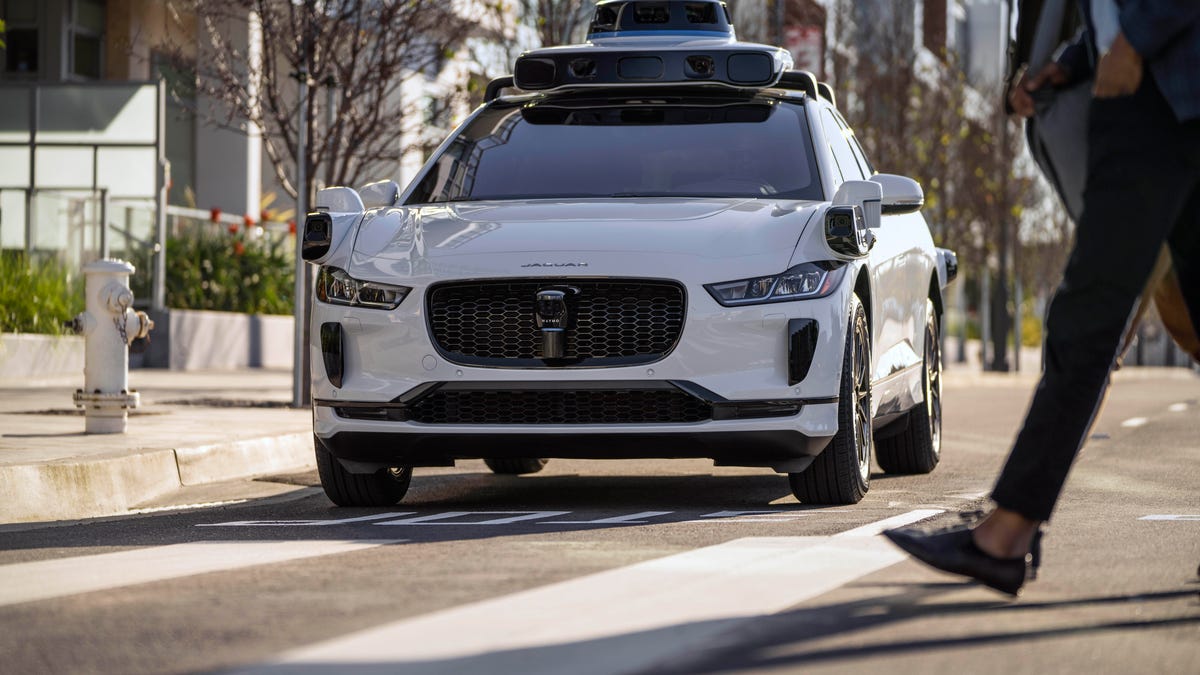Waymo Accelerates Robotaxi Expansion Across U.S. Cities and Into Tokyo

Key Points
- Waymo is adding several U.S. cities to its driverless ride‑hailing network.
- A partnership with a major ride‑hailing platform will bring autonomous service to a Mid‑South market.
- A rental‑car giant will manage fleet operations for upcoming Texas launches.
- Waymo’s first overseas expansion targets Tokyo, partnering with a local taxi firm and app.
- The company is rolling out a new generation of self‑driving technology across its fleet.
- Collaborations with fintech and automotive partners support charging, financing and vehicle integration.
- Testing continues on freeways to expand highway autonomy for future passenger and freight services.
Waymo is rapidly extending its driverless ride‑hailing service to a growing list of U.S. markets and its first overseas location. New partnerships with Lyft, Avis Budget Group, Moove and Japanese taxi firms are set to bring autonomous vehicles to additional urban centers, while the company continues to develop its next‑generation self‑driving technology. The rollout includes both fully autonomous operations in several cities and mixed fleets that combine driver‑less and manually operated vehicles as Waymo refines its capabilities for diverse weather and road conditions.
Broadening the U.S. Footprint
Waymo is adding a series of new American cities to its robotaxi network. The company has announced plans to launch autonomous rides in a Mid‑South city in partnership with a major ride‑hailing platform, where the partner will handle vehicle upkeep while Waymo supplies the self‑driving technology. In the Mountain West, Waymo is preparing to lay the groundwork for future driverless service, deploying a mixed fleet that includes both its current autonomous models and newer vehicles equipped with an updated driver system designed for tougher weather.
In the Pacific Northwest, Waymo is moving toward service in the metropolitan area surrounding a large lake, after years of testing local conditions. The company is also conducting early trials in a Texas city, with a plan to offer public rides through its own app once the testing phase concludes. A rental‑car giant will manage the fleet in that market, overseeing cleaning and maintenance tasks.
On the East Coast, Waymo is returning to the largest city in the nation, where it previously operated manually. The firm has resumed manual driving in select boroughs and neighboring areas, and is seeking permission to test autonomous vehicles with a safety driver before moving toward a fully driverless offering. Nearby cities in the Mid‑Atlantic and Southeast are also slated for future robotaxi services, with timelines extending into the coming years.
International Debut in Tokyo
Waymo’s first overseas venture will take place in Japan’s capital, where it has partnered with a local taxi company and a popular ride‑hailing app. Trained local drivers will initially operate the vehicles manually across several city wards, allowing Waymo engineers to adapt its technology to the unique traffic patterns and road features of the region. The collaboration emphasizes safety, community trust and close work with municipal officials.
Strategic Partnerships and Technology Advances
Waymo’s expansion is supported by a network of strategic partners. A major ride‑hailing service will manage fleet operations in the Mid‑South market, while a global rental‑car firm will oversee fleet logistics in a Texas city. A fintech company specializing in vehicle financing will handle fleet operations and charging infrastructure in both the company’s original desert market and the upcoming Southeast market.
On the technology side, Waymo is introducing a new generation of its autonomous driving system, featuring enhanced sensors and software designed to better handle extreme weather and complex urban environments. The updated system will be integrated into electric vehicles from several manufacturers, including a Chinese electric brand and a Korean automaker’s popular SUV. These vehicles will eventually join the robotaxi fleet, offering riders more spacious interiors and flexible seating configurations.
Looking Ahead
Waymo continues to test fully autonomous rides on freeways in its core markets, aiming to expand this capability to additional routes and vehicle types. While the company is temporarily scaling back some of its trucking ambitions to focus on ride‑hailing, advances in highway autonomy are expected to benefit future freight applications as well. Overall, Waymo’s aggressive rollout strategy, combined with its evolving technology and collaborative partnerships, positions it to become a leading provider of driverless mobility in both domestic and international markets.